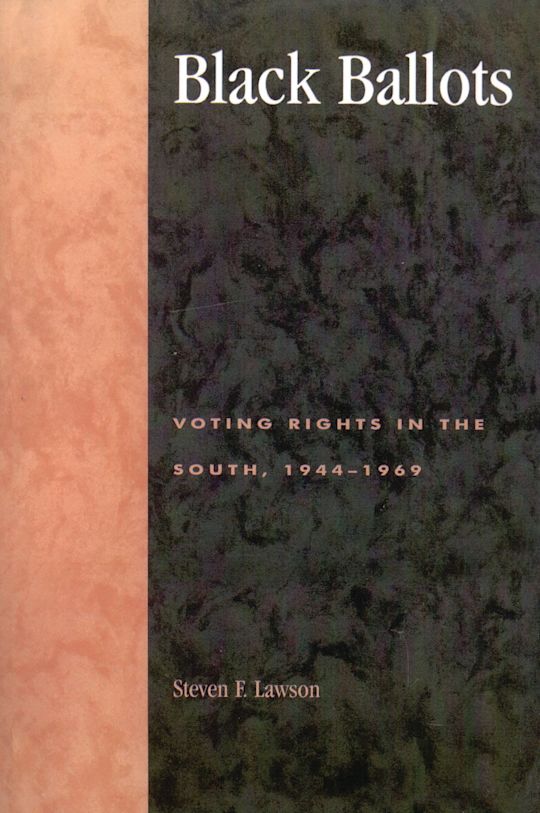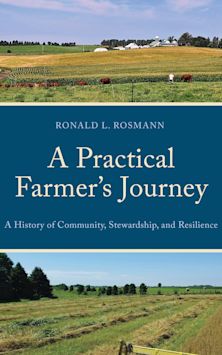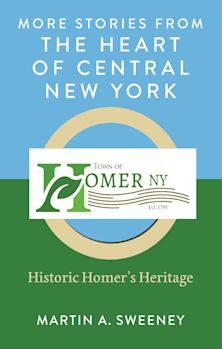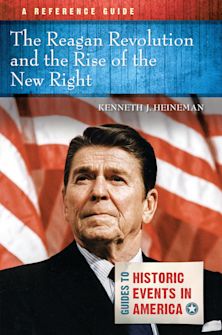- Home
- ACADEMIC
- History
- United States History
- Black Ballots
This product is usually dispatched within 3 days
- Delivery and returns info
-
Free CA delivery on orders $40 or over
You must sign in to add this item to your wishlist. Please sign in or create an account
Description
Black Ballots is an in-depth look at suffrage expansion in the South from World War II through the Johnson administration. Steven Lawson focuses on the "Second Reconstruction"-the struggle of blacks to gain political power in the South through the ballot-which both whites and black perceived to be a key element in the civil rights process.
Examining the struggle of civil rights groups to enfranchise Negroes, Lawson also analyzes the responses of federal and local officials to those efforts. He describes the various techniques-from the white primary, the poll tax, literacy tests, and restrictive registration procedures through sheer intimidation-that were developed by white southerners to perpetuate disfranchisement and the sundry methods used by blacks and their white allies to challenge them.
Table of Contents
Chapter 2 The Rise and Fall of the White Primary
Chapter 3 The Poll Tax Must Go
Chapter 4 The South Fights Back: Boswellianism and Bilboism
Chapter 5 The Suffrage Crusade in the South: The Early Phase
Chapter 6 Politics and the Origins of the Civil Rights Act of 1957
Chapter 7 Politics and the Passage of the Civil Rights Act of 1957
Chapter 8 Justice Delayed. . . Justice Denied
Chapter 9 The Suffrage Crusade in the South: The Kennedy Phase
Chapter 10 We Shall Overcome
Chapter 11 Free at Last?
Chapter 12 Notes
Chapter 13 Bibliography
Chapter 14 Index
Product details
| Published | Oct 13 1999 |
|---|---|
| Format | Paperback |
| Edition | 1st |
| Extent | 496 |
| ISBN | 9780739100875 |
| Imprint | Lexington Books |
| Dimensions | 229 x 150 mm |
| Publisher | Bloomsbury Publishing |
About the contributors
Reviews
-
With the publication of historian Steven Lawson's excellent study of the campaigns for voting rights in the South, we have welcome evidence that scholarship concerned with black activism and governmental policies in post-World War II America is alive and thriving.
Reviews in American History
-
Thoroughly researched and skillfully argued, this volume is an important contribution to the study of the civil rights revolution.
The Historian
-
As Lawson observes, only the foundations of change have been laid; the main struggle for reform lies ahead. This book demonstrates how it is possible to write excellent history which is also good political science.
Political Studies Review
-
Through his impressive research in a host of important but relatively unexploited sources Lawson has filled in details, examined the role of civil rights organizations and pressure groups, and clarified the process through which civil rights legislation made its way through Congress. . . . Readers are likely to find this book a valuable summary of a subject that has not been dealt with so thoroughly before.
Journal of Southern History

































